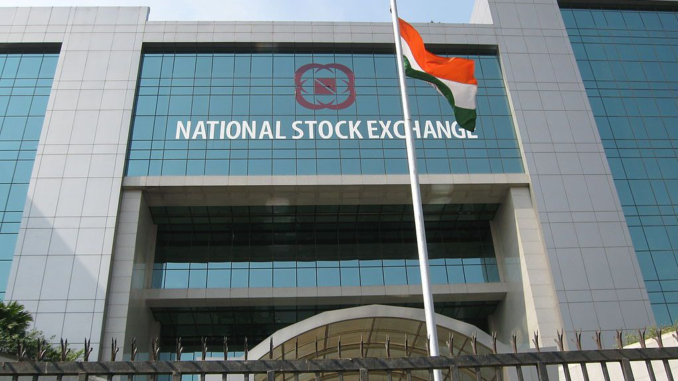
A stock exchange is a financial institution where stocks, bonds and securities are traded. The buying and selling of stocks here are conducted by licensed traders. Any company who wish to sell their stocks must be listed. The stock exchange is governed by the government or a recognised institution. A stock exchange is a place for brokers to meet and buy and sell securities.
The price of each share is decided on market trends and the demand and supply of the particular share. There is a total of 21 recognised stock exchanges in India, out of which the Bombay Stock Exchange or the BSE is the most prominent institution.
What are the features of the Stock Exchange?
Liquidity – The main feature of the stock exchange is that it offers high liquidity. The securities can be sold at any time for cash. And because of the nature of the market, people sell and invest whenever they want too.
Determining stock price – The price determination of stocks is done based on the demand and supply in the market. Price of each share is closely monitored and is listed on the Sensex Index.
Safety – The government keeps a strict eye on the stock exchanges. The Securities Board of India regulates the BSE. Every transaction executed must be done in tandem with the legalities of the board. These rules help in building the trust of the investors.
Economic contribution – Stock market thrives on commodities being sold, purchased and resold. This allows mobility of the funds making them beneficial for the economy.
Encourage people to invest – The stock market wants more people to invest in securities. In order to do so, they teach people the benefits of investing in the stock market. This makes the transactions smooth and well-informed. The main objective is to get more people on board and talk about the benefits of security investment.
Speculative trading – Stock markets are known for being a speculative. The speculation, however, is kept within the legal framework. As per market experts, in order to keep the liquidity and to maintain the share prices. A healthy amount of speculating trading is necessary, and only stock exchange gives us that platform.
Trading Procedure:
Getting a broker or sub-broker – If a person wants to invest in stocks, he/she cannot do that independently. He has to go through a licensed broker or financial institutions like banks. The banks, to act as brokers, must be registered under SEBI. Once you appoint a broker, you can buy/sell stocks easily.
Get a demat account – Since all stocks, bonds and shares are in electronic form. It is important to open a demat account to initiate transactions. A demat is required to execute electronic transactions.
Analysing stocks – The investor will then start analysing stocks, and the order will be placed through a broker. The induvial can also get these stocks online if the broker has enabled this feature. Then the broker will go on to purchase the shares at the best available price.
Execution – After the purchase of the shares, within 24 hours, a contract note has to be issued. A contract note entails all important details like the number of shares, price, time and date of purchase. A contact note serves as a piece of important evidence in case of a legal dispute.
Settlement – In this stage, the final settlement of the stock happens. The actual fund transfer of the stock is transferred from the buyer to the seller. Here, also, the broker mediates the transfer.
So, this is how the entire stockbroking works in India. The whole process is vast, but this was just a little window to the working of the shares.

Leave a Reply
You must be logged in to post a comment.